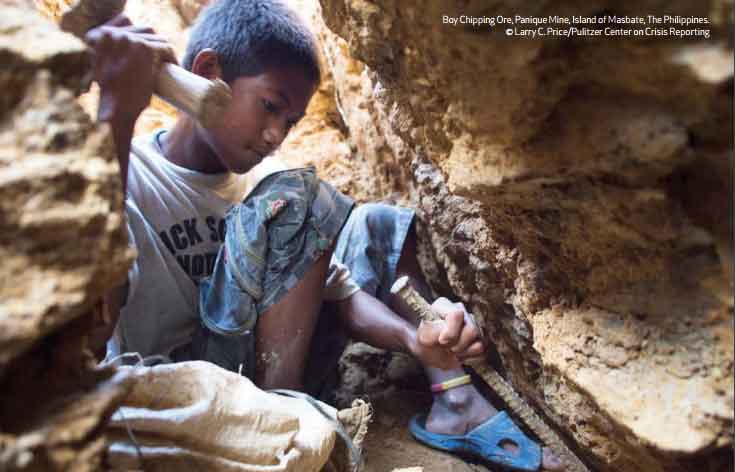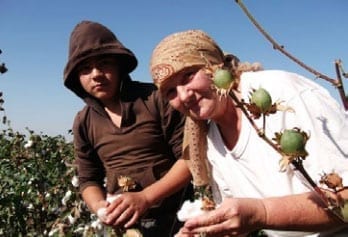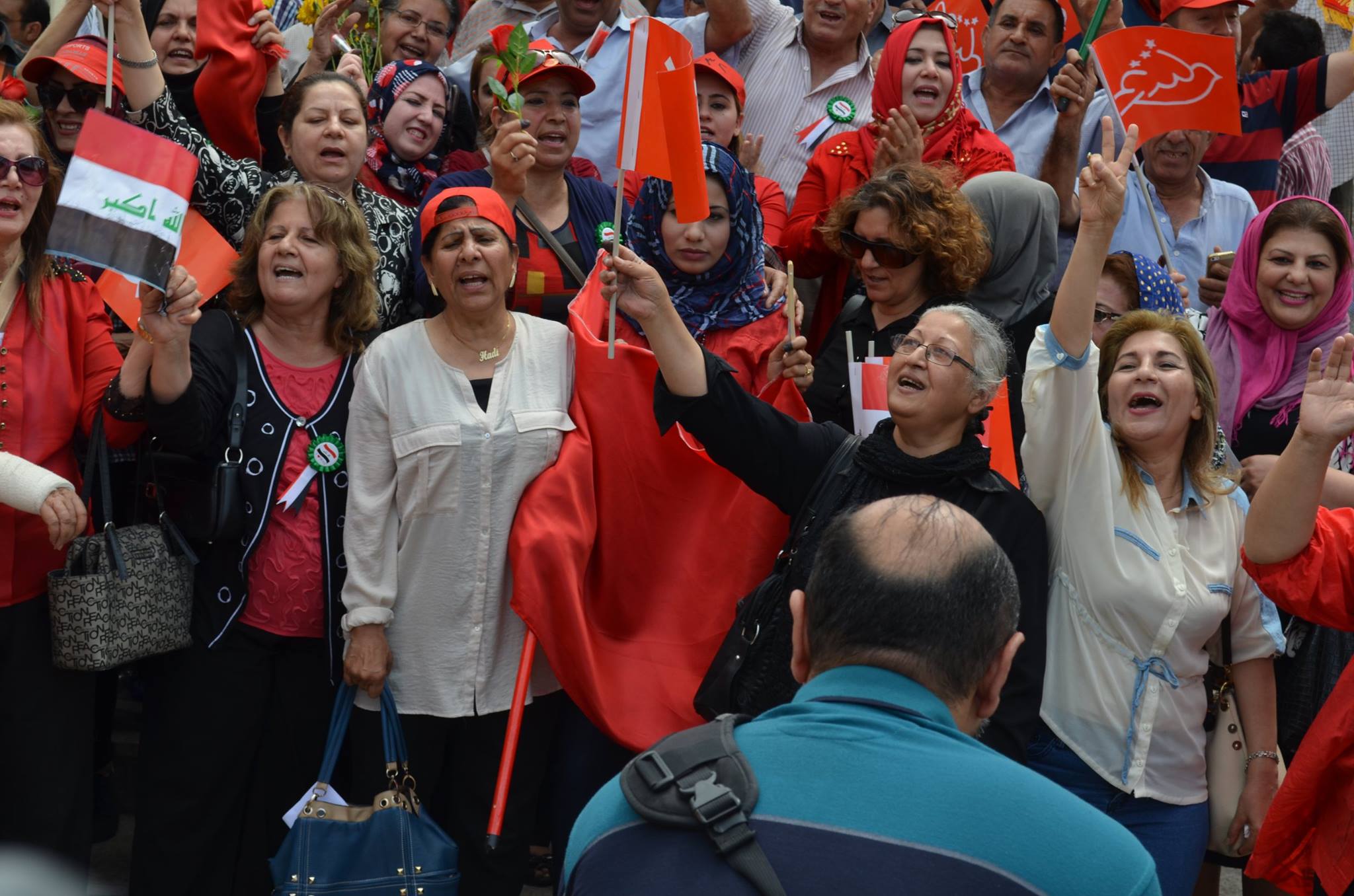More than 80 countries have demonstrated they are “upholding their commitments to abolish forced labor and the worst forms of child labor,” according to U.S. Secretary of Labor Thomas Perez, in the Findings on the Worst Forms of Child Labor report released today. More...
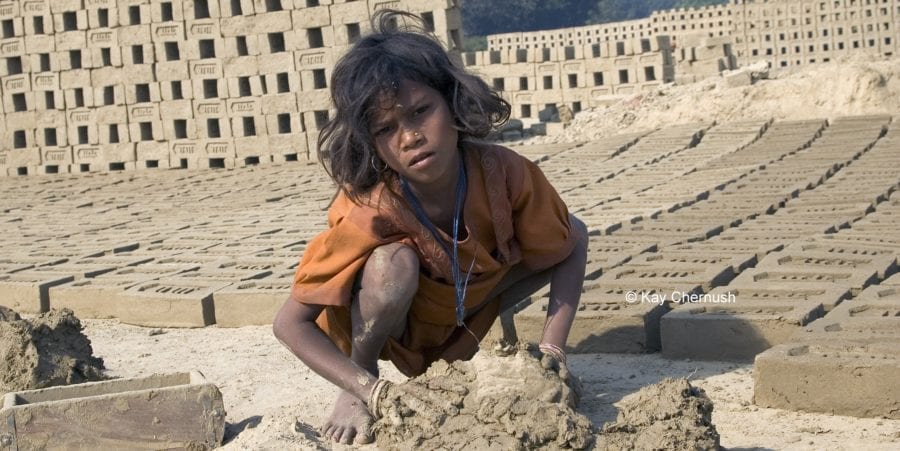
Credit: Kay Chernush
Millions of children are not in school today because they are forced to work. Children as young as 5 years old are part of the global workforce. In factories and in fields, children work up to 15 hours a day, seven days a week.
The Solidarity Center partners with unions around the world that are championing and negotiating economic benefits in the workplace which often enable adult workers to support their families without sending their children to work. Through collective bargaining with employers, unions also can bargain for worker access to schools or daycare facilities.
The Solidarity Center also joins with advocacy partners like the Child Labor Coalition and Global March Against Child Labor to champion legal and regulatory means to end child labor and with human rights organizations to address the structural conditions that lead to child labor. For instance, together with coalition partners in the Cotton Campaign, the Solidarity Center worked for an end to child labor in Uzbekistan’s cotton fields where government-run cotton harvests have forced citizens of all ages to toil each fall.
Uzbek Rights Defender Detained in Psychiatric Hospital
Uzbek human rights defender Elena Urlaeva has been detained against her will in a psychiatric hospital in Tashkent and the government should release her immediately, the Cotton Campaign said today. The Cotton Campaign is a coalition of worker rights and human rights...
New Video Documents Iraq Labor Law Passage
Iraq unions successfully pushed for a new labor law because of their unified solidarity and with strong support of the U.S. and global union movements, according to a new documentary. “Finally, after 12 years of persistent and consistent work, the Iraq labor movement...
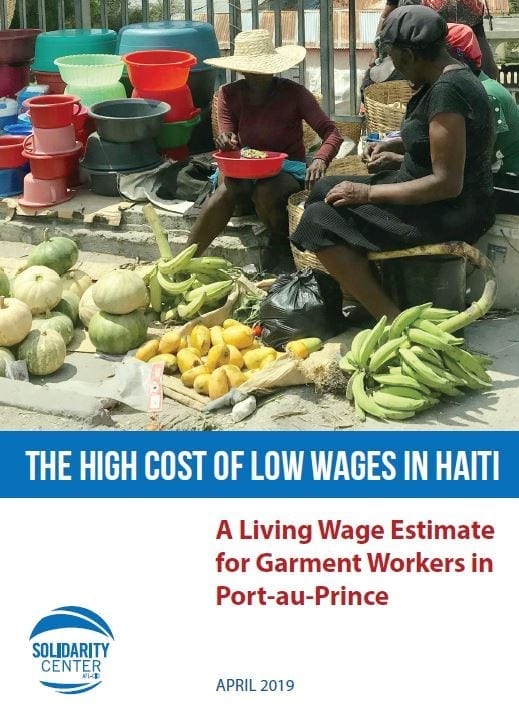
The High Cost of Low Wages in Haiti (2019)
Haitian garment workers face increasing difficulty in covering basic expenditures as prices soar while wages hover far below the cost of living. Download here in Creole. Download here in English. Download here in French.
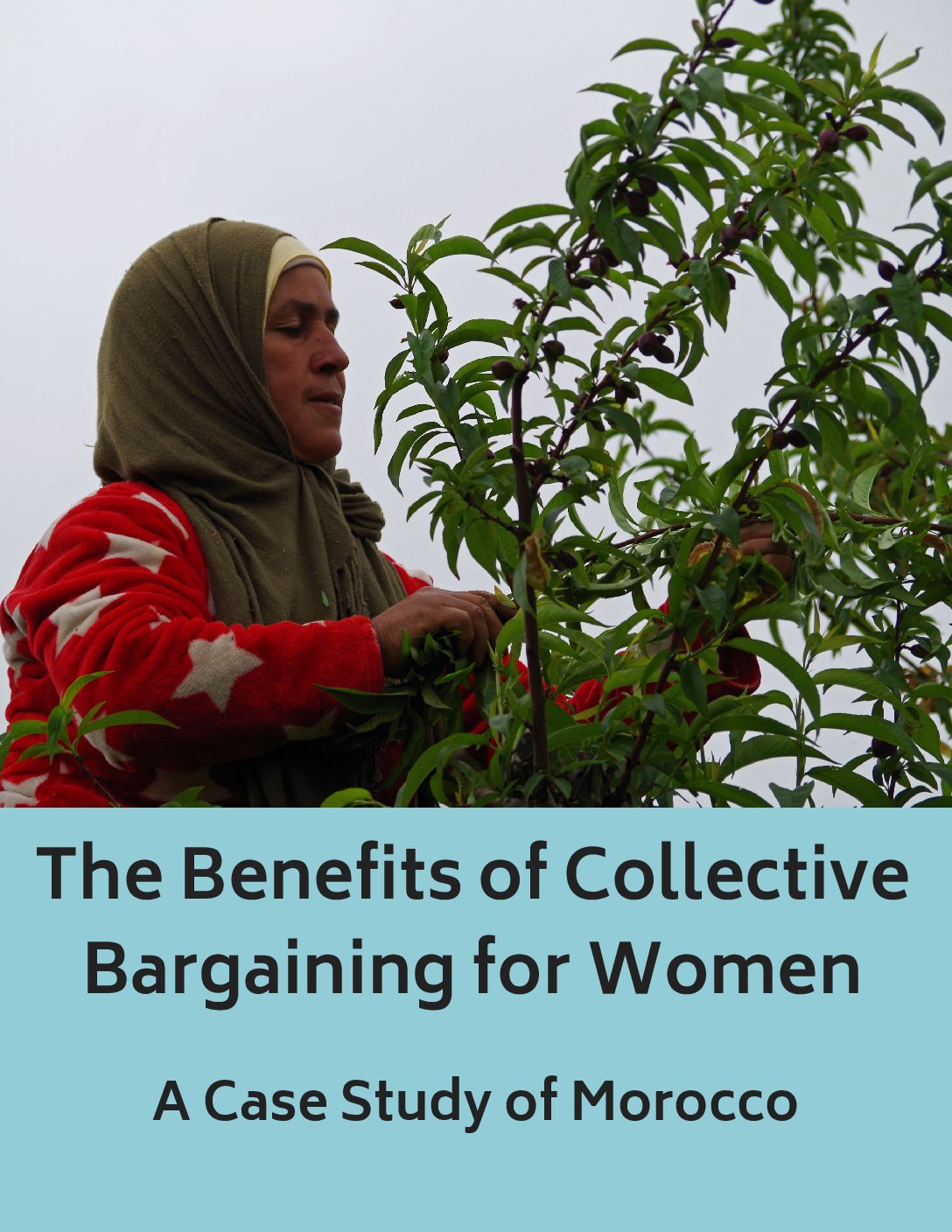
The Benefits of Collective Bargaining for Women: A Case Study of Morocco
This study by the International Center for Research on Women (ICRW) and Solidarity Center finds women workers in Morocco’s fertile Meknes region are making big gains in gender equality on the job through their union, the Confédération Démocratique du Travail (CDT)....
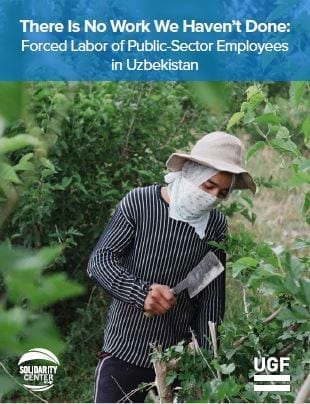
There Is No Work We Haven’t Done: Forced Labor of Public-Sector Employees in Uzbekistan
Although the government of Uzbekistan has made progress on ending child and adult forced labor in the cotton fields after more than a decade of international pressure, a new report finds that forced labor remains rampant in other arenas of Uzbek life, affecting...
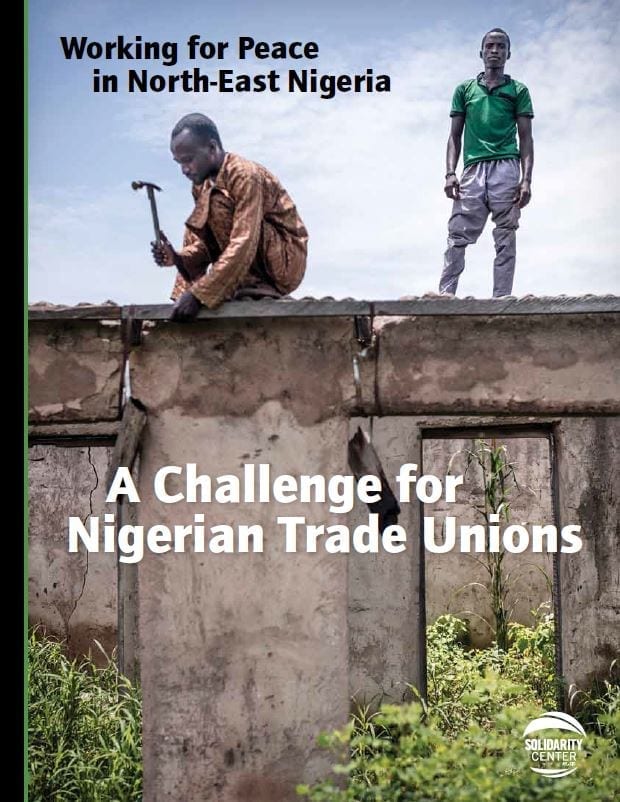
Working for Peace in North-East Nigeria
This report analyzes the impact of violence in North-East Nigeria, where teachers, health care professionals and civil servants were the victimized by insurgents targeting symbols of state authority. The report includes recommendations for government and worker...
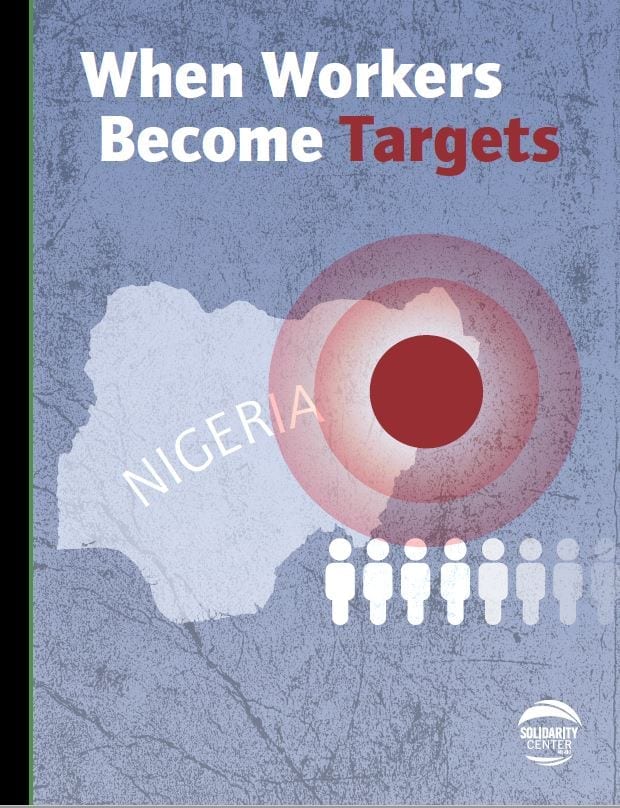
When Workers Become Targets: Nigeria
"When Workers Become Targets: Nigeria," is a collection of real-life experiences of workers, particularly women, during the Boko Haram insurgency in Borno State, North-East Nigeria, and how unions whose members suffered the greatest toll played a crucial role in the...
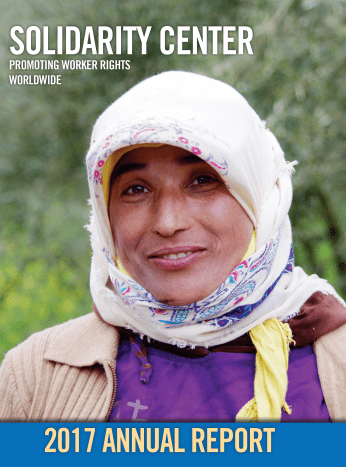
Annual Report 2017
Download here.

